That process has its features and an important role, ensuring mutual benefits for all parties, increasing efficiency in agricultural production and state management's role in economics. At the same time, it meets management mechanisms and policies on quality standards, testing, quarantine, food safety and hygiene, traceability, import and export business registration, regional registration and inspection growing, and packing facilities.
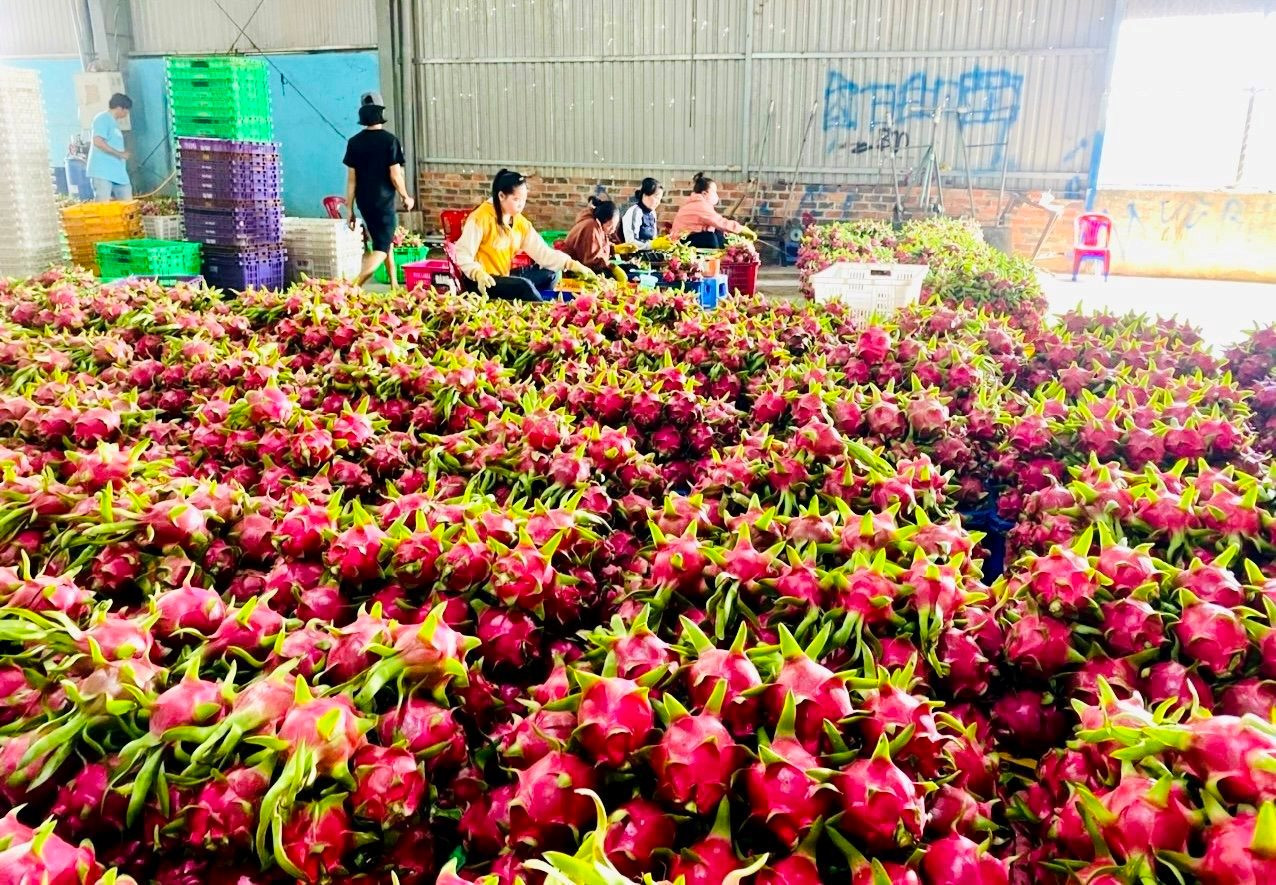
Enterprises purchasing exported dragon fruits.
Key agricultural export market
The agricultural export markets of Vietnam in general and Binh Thuan province, in particular, are the United States, China and Japan, of which China market ranks second in the agricultural products export in the first months of 2024. The context of the world's major economies is facing difficulties, causing a strong impact on the country's foreign trade activities, the exportation in general and exported agricultural products in particular. Dragon fruit is identified as an advantageous plant of Binh Thuan province and plays an important role in farming and rural economic development.
The export market of Binh Thuan dragon fruit is mainly Asian countries, of which China is the main export market of Binh Thuan dragon fruit. With an area of over 33,000 hectares, output reaches about 700,000 tons, of which domestic consumption is only about 15% of output, while 85% is focused on export.
To ensure the exportation quality, the province's agricultural sector has focused on propagating and supporting farmers and cooperatives to build and maintain the Binh Thuan dragon fruit brand, improving evenly the products' quality, meeting the requirements of importing countries, especially the Chinese market as well as the domestic market. At the same time, promote registration of growing area codes and traceability to create conditions for official export.
Recently, dragon fruit production in the province has also formed concentrated areas, creating conditions for applying technical advances and organizing production and product consumption. Moreover, Binh Thuan province has the potential to export rice, with the goal of high-quality commercial rice production areas of localities in the province will reach about 17,700 hectares, with a productivity of over 60 quintals/hectare by 2025.
Binh Thuan province has gradually built a rice brand so that the products can be imported to large markets such as China. Accordingly, the province has implemented ST25 rice production in the direction of biosafety, ensuring safety and quality, and the current development orientation of the agricultural industry to serve export.
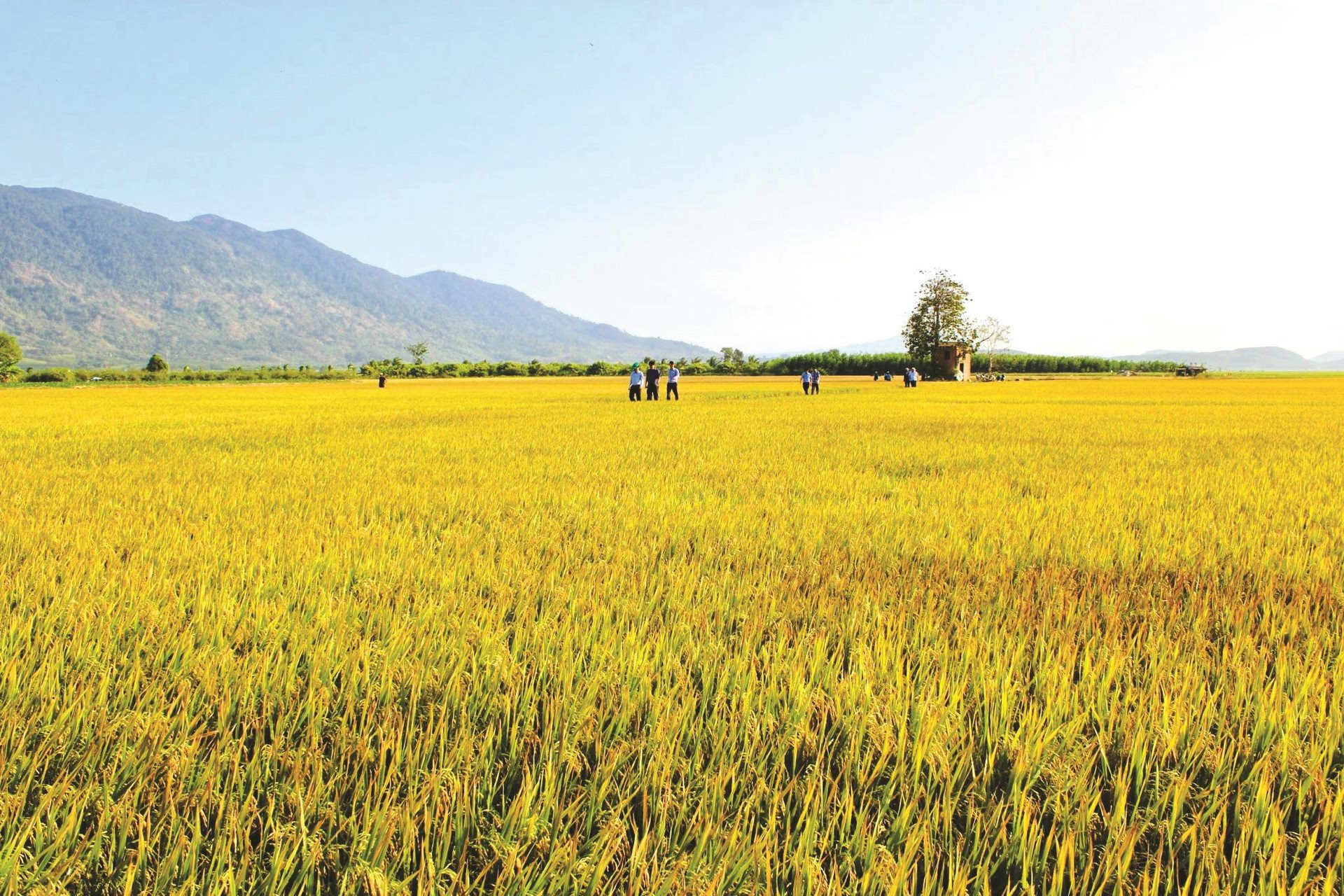
Rice production in Binh Thuan.
Comply with export regulations
To continue to ensure Binh Thuan’s agricultural products fully meet the standards and requirements of the Chinese market, the province aims to expand the scale of exporting high-quality agricultural products to the Chinese market. Sectors and localities of the province need to widely coordinate information to businesses, cooperatives, production, processing and export facilities of agricultural products and fresh fruits in the province to regularly and promptly monitor the situation, and update changes in policies, standards, conditions and requirements on imported goods, especially Chinese agricultural products and fresh fruits; comply strictly with the requirements, conditions, and quality standards by the Chinese Government proactively have solutions in production and business, ensuring effective import and export; actively monitor and update new changes in import market regulations, and follow instructions from functional agencies and specialized agencies to ensure safety standards; comply with regulations on preservation, packaging, packaging, and labelling according to each type of imported goods.
In addition, businesses need to proactively exchange and connect information about market demand and China's trade regulations and policies; and actively attend international fairs and exhibitions to connect directly and develop stable, long-term and effective trade and economic cooperation. Currently, the Ministry of Industry and Trade has been organizing many Vietnamese business delegations to trade and work at localities and fairs in China to cooperate directly as well as invite Chinese local business delegations to work in Vietnam. In addition, the Ministry of Industry and Trade also coordinates with border localities such as Lao Cai to organize international trade fairs to enhance trade exchanges, promoting the growth of import-export turnover. This is a good opportunity for businesses to access the market to export agricultural products to the Chinese market.



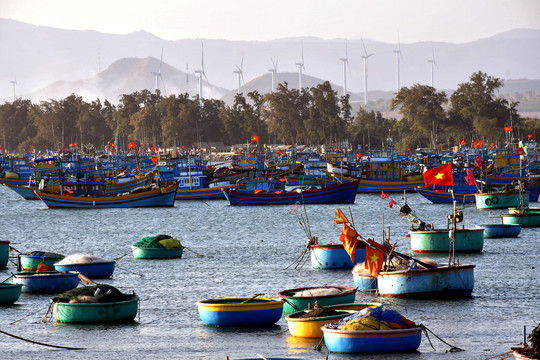
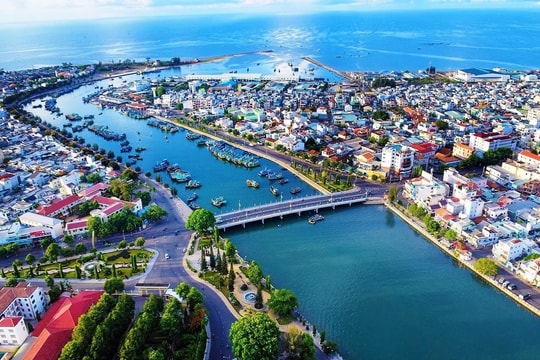
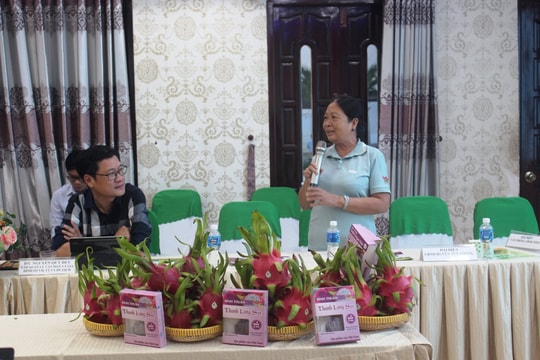

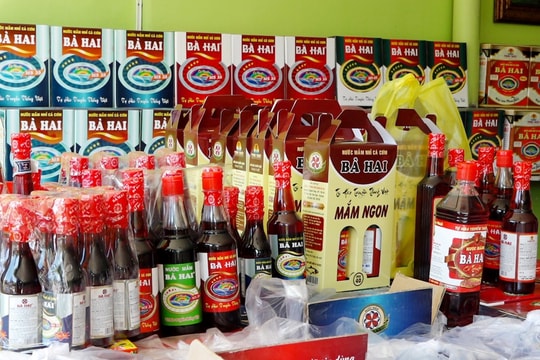








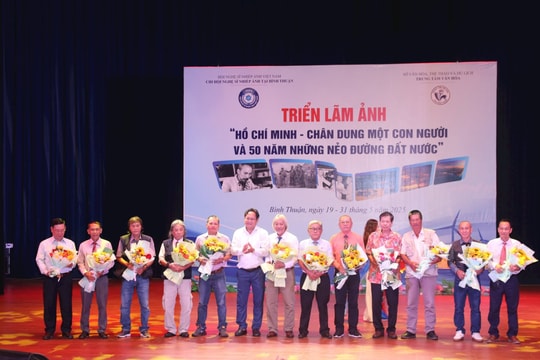


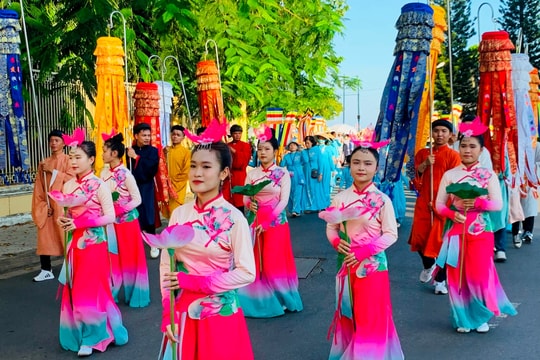



.jpg)




.jpeg)

.jpeg)


.jpeg)


